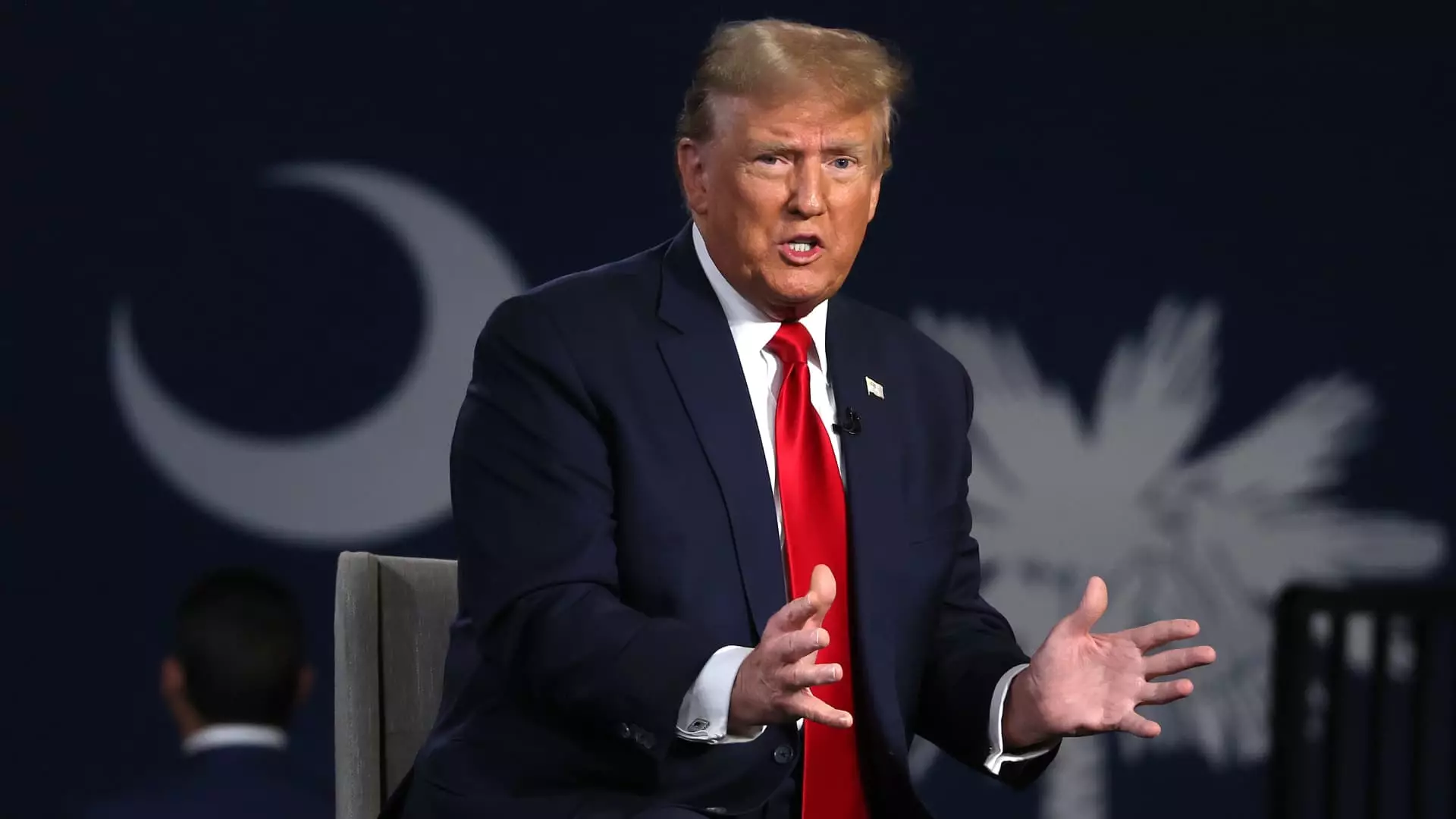It was recently revealed that insurance giant Chubb was in talks with Donald Trump and his co-defendants for a $464 million appeal bond in the former president’s civil fraud case. However, the company decided to back out of the agreement. This decision came as a surprise after Chubb had previously given Trump a bond in a separate case involving defamation claims by writer E. Jean Carroll. Despite being the only company willing to consider real property as collateral for the bond, Chubb ultimately reversed its decision, citing concerns about Trump’s ability to secure the bond.
The attorneys representing Trump argued in a New York appeals court filing that it was crucial to put the brakes on the judgment before New York Attorney General Letitia James could begin collecting on it. They emphasized the need for a fully secured appeal bond to prevent any attempts to delay or avoid paying the penalties associated with the fraud case. The refusal by Chubb and other companies to underwrite the bond highlights the challenges Trump faces in securing the necessary funds to continue his legal battle.
Experts in the insurance industry have weighed in on the unprecedented size of the appeal bond required in Trump’s case. JD Weisbrot, president and chief underwriting officer at JW Surety Bonds, pointed out that most surety companies prefer fully backed bonds with liquid assets, rather than hard assets like real estate. He noted that insurance companies are not typically equipped to hold real estate as collateral, making it difficult for Trump to find a suitable underwriter for the bond. The size of the bond and the nature of the case have presented unique challenges for Trump and his legal team.
Chubb faced swift scrutiny for its involvement in providing Trump with the appeal bond in the defamation case. Questions were raised about the company’s relationship with Trump and the potential conflicts of interest that may have influenced its decision-making. Despite Chubb’s reassurances that it does not take sides in legal disputes, the public remains skeptical of the company’s motives. Trump’s vocal criticism of the legal system and the judgment against him has only added to the contentious nature of the case.
In response to the mounting pressure to secure the appeal bond, Trump has taken to social media to express his frustration and outrage. He has criticized the trial judge, New York Attorney General Letitia James, and the legal system in general for requiring him to post such a significant bond. Trump’s claims that he should not have to put up any money until the end of the appeal process have been met with skepticism and pushback from legal experts. The deadline for Trump to meet the bond requirements is fast approaching, leaving him with limited options to keep the judgment at bay.
The decision by Chubb to back out of the appeal bond agreement with Donald Trump has significant implications for the former president’s legal strategy. The challenges in securing a fully backed bond have put Trump in a difficult position, with few options for recourse. The public scrutiny and political ramifications of the case have further complicated the situation, raising questions about the fairness and integrity of the legal process. Trump’s social media outbursts reflect his frustration with the system, but they also highlight the complexities of navigating a high-stakes legal battle.

